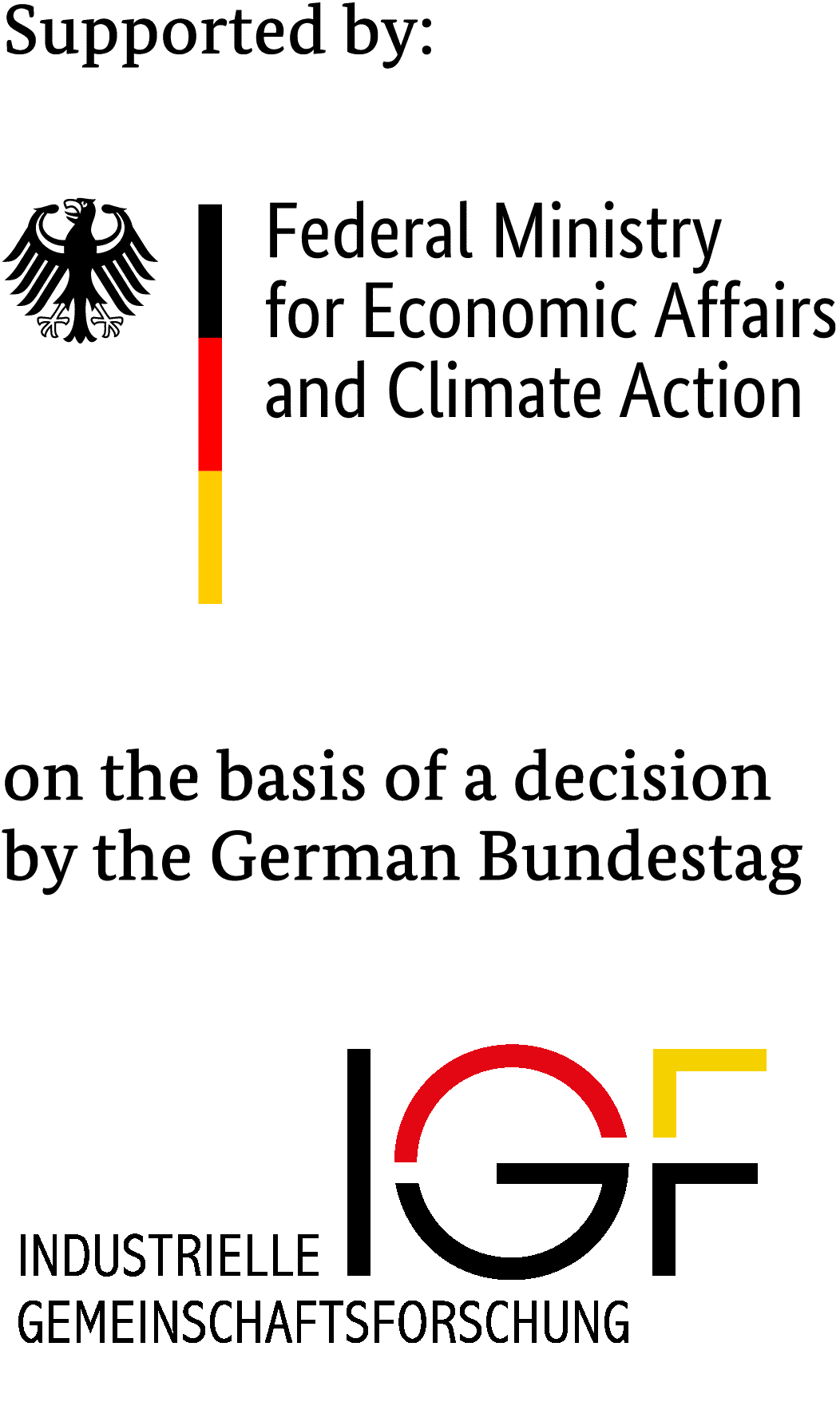Cement production is an energy-intensive production process in which there is significant potential for increasing energy efficiency, particularly in the grinding circuits. For this reason, the low energy efficiency of the grinding circuits is to be improved with the help of innovative technologies that have been developed in the area of screening technology in recent years.
High-speed screening machines are to replace air classifiers, which are currently used in the cement industry for the classification of raw material, among other things. In this way, the energy required for classification can be reduced in the event that air classifiers are replaced by screening machines and the associated pneumatic raw material conveying. A further potential is seen in the fact that the energetic comminution efficiency of the raw mill and the thermal energy efficiency of the clinker burning process can be increased. The increase in classification efficiency through the use of a screening machine can lead to a more homogeneous raw meal and in this way to improved raw meal combustibility.
It is expected that through the use of these screening machines in the cement industry, an electrical energy saving of approximately 20 % and thus approximately 5 kWh/t of cement and a thermal saving of approximately 70 MJ/t of clinker can be achieved.
In this research project, technical-scientific findings on the fine-rod screening of dry cement raw materials are to be developed for the first time. Both the influence on the electrical energy demand during the comminution of the raw material and the thermal effects on the subsequent clinker burning process caused by a changed raw meal granulometry will be investigated experimentally.
VDZ Technology gGmbH is in charge of the overall project and supervises the sub-project: batch and clinker burning tests and process evaluation.

